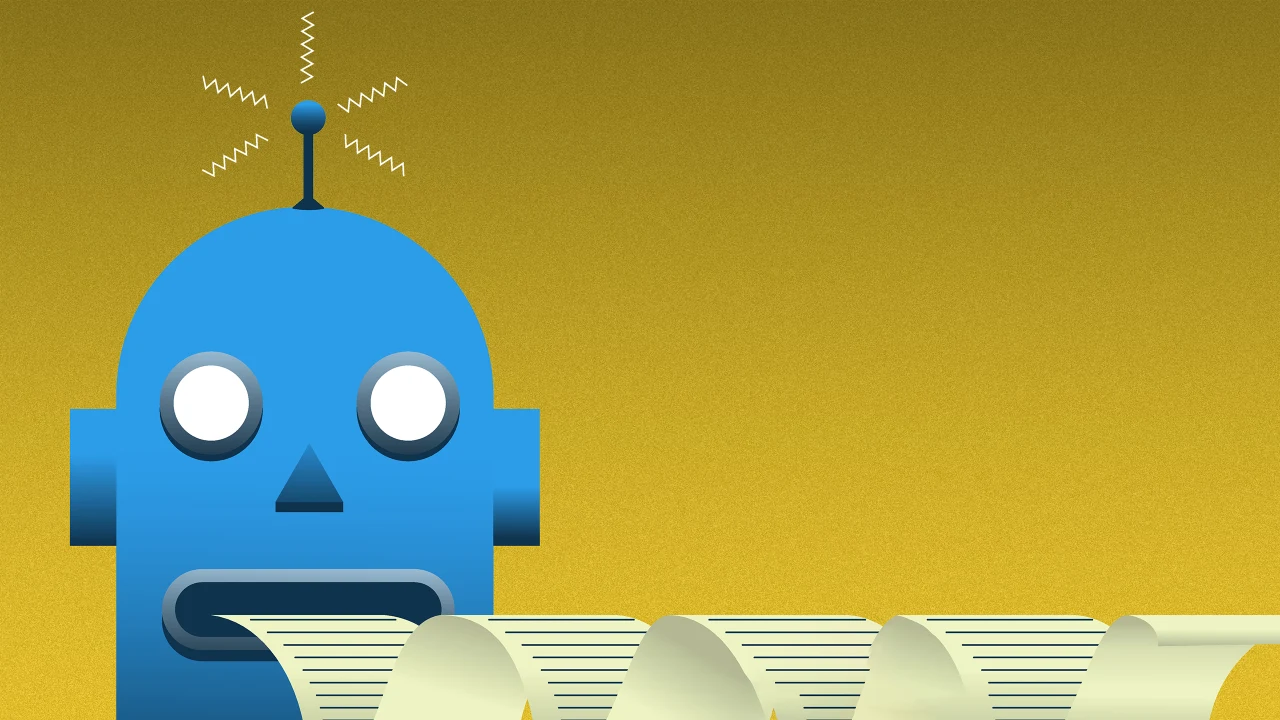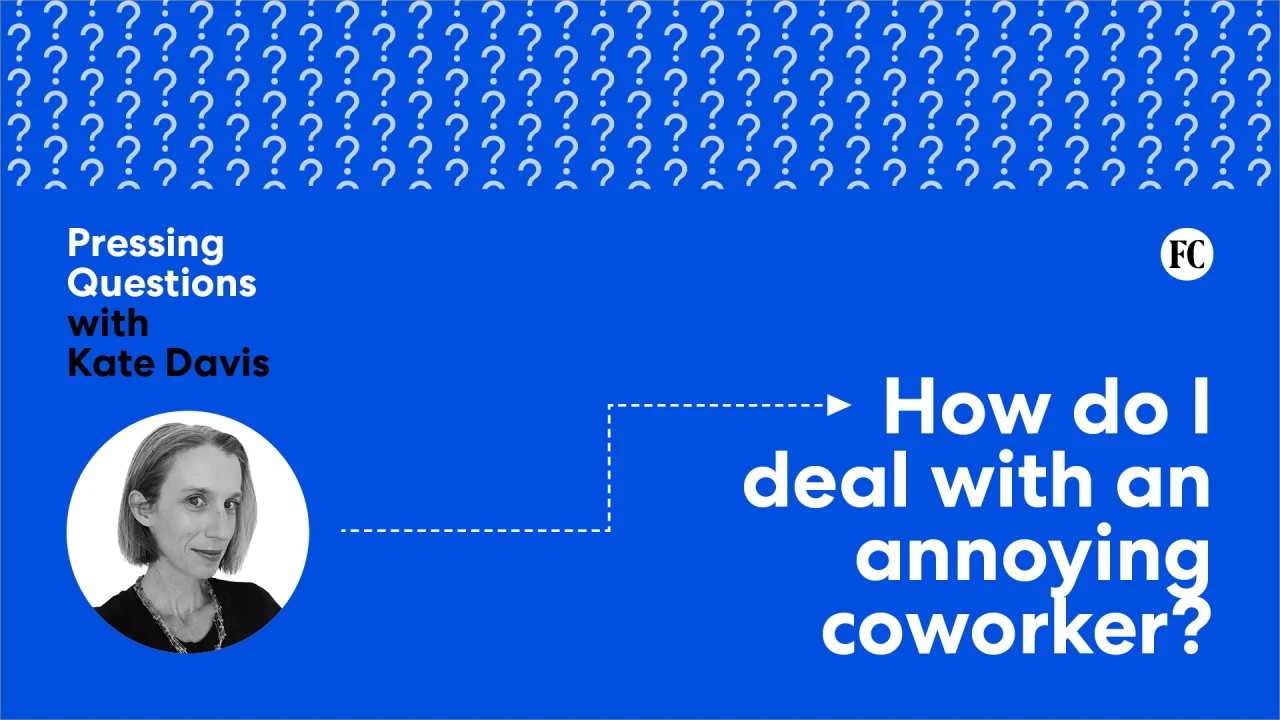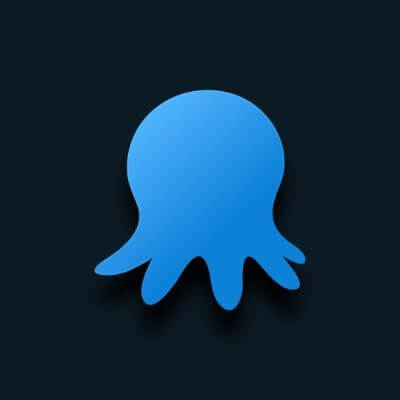How to use AI to write your résumé
Love or hate AI, it’s reshaping how we apply to jobs. While nearly a third of job candidates think AI is hurting their job search, according to recent research from Career Group Companies, the same report found 62% of candidates using AI to write a résumé, cover letter, or writing sample for a job application—up from 32% just six months ago. So if you can’t beat ‘em, how do you join them and use AI to write résumés that stand out in a sea of applications? Résumé writing experts say it’s important to avoid common pitfalls and know when a human touch is irreplaceable. Where AI shines The most common resume mistakes job seekers make is overlooking the fact that they need to make a good impression on hiring managers who are strangers, Marc Cenedella, founding CEO of Ladders, a résumé and career services company, pointed out. Résumés need to be clearly formatted and free from errors to help these strangers focus their attention on getting to know a candidate, what they’ve already done, and what they could do in a new role. AI can help with the “common, silly errors that end up hurting [candidates] in the job search,” Cenedella said. Some of these errors can be fixed by simply asking AI to reformat or proofread a résumé. AI programs can also help change the tone or word choices in a résumé to match what a certain company is looking for. For people looking to switch jobs or enter a new field, AI can also make a good career coach, said Dana Leavy-Detrick, founder of Brooklyn Resume Studio. It can help brainstorm new roles that fit a candidate’s existing skill set, and it can analyze job postings to anticipate how a candidate’s résumé will stack up against the competition. AI can make it easier than ever to create a polished résumé. But with so many candidates using AI, résumé experts emphasize that human insight is still necessary for crafting a résumé that will stand out to hiring managers. “What I’ve noticed is that the floor of resumes has gone up,” said Keith Wolf, cofounder and CEO of ResumeSpice, a résumé consultation service. He pointed out hiring managers are seeing more “okay” résumés, those he’d rate a 5/10. “It’s really easy to go from a zero or two to a five [due to AI], but there are so many fives,” he said Taking your résumé to the next level requires understanding how to differentiate yourself with a human touch. Where human insight matters Although AI is evolving rapidly it still can’t communicate the full experience of a candidate the way a human-written résumé can. “There are always nuances about your field and about the way humans talk about experiences that AI doesn’t quite pick up on,” Cenedella said. Using words that accurately describe a previous role—rather than just the words AI might come up with—helps lend credibility to a job seeker’s application. This concern about credibility and authenticity is particularly relevant given that as many as 10% of job seekers admit to having lied on their résumé, often using AI tools like Open AI’s ChatGPT to do so, according to a recent survey from AI Resume Builder of nearly eight thousand U.S. adults. “It’s pretty easy to spot when somebody’s used AI to just throw in a bunch of keywords and terminology that doesn’t really relate to what we know somebody at that level would be doing,” Cenedella said. Beyond capturing the nuance and correct terminology used in a job seeker’s field, AI may also struggle to keep up with changes in hiring processes. Recruiters’ preferences about résumé formatting and the types of applicant tracking systems they use are always changing, Wolf said, so it’s important to customize a résumé before sending it out—even when using AI. How to leverage AI For job seekers who want to use AI in their résumé writing process, résumé experts say it’s important not to expect its first attempt to be a perfect fit for the job you are applying to. Because AI relies on aggregating initial information, “at best, you’re sounding like what’s already out there,” Leavy-Detrick said. One way to avoid writing a generic résumé, Cenedella suggests, is to ask the AI program to answer questions—such as, What are 10 pieces of advice for improving this résumé?—from the standpoint of a recruiter. By asking the program to act as a recruiter in their field, job seekers can get more targeted suggestions. Another key piece of advice, Cenedella said, is to ask AI to help candidates quantify the impact they had in previous roles. “Every job in every field on planet Earth in 2025 can be described in numbers,” Cenedella added. Adding those numbers is an effective way to help recruiters understand a job seeker’s potential, and AI programs can suggest ways to seamlessly add these numbers into the résumé. Above all, the résumé experts suggested staying true to your own story and experiences throughout the job search, rather than letting AI take the reins. “At the end of the day, what you’re doing is getting a

Love or hate AI, it’s reshaping how we apply to jobs. While nearly a third of job candidates think AI is hurting their job search, according to recent research from Career Group Companies, the same report found 62% of candidates using AI to write a résumé, cover letter, or writing sample for a job application—up from 32% just six months ago.
So if you can’t beat ‘em, how do you join them and use AI to write résumés that stand out in a sea of applications? Résumé writing experts say it’s important to avoid common pitfalls and know when a human touch is irreplaceable.
Where AI shines
The most common resume mistakes job seekers make is overlooking the fact that they need to make a good impression on hiring managers who are strangers, Marc Cenedella, founding CEO of Ladders, a résumé and career services company, pointed out. Résumés need to be clearly formatted and free from errors to help these strangers focus their attention on getting to know a candidate, what they’ve already done, and what they could do in a new role.
AI can help with the “common, silly errors that end up hurting [candidates] in the job search,” Cenedella said. Some of these errors can be fixed by simply asking AI to reformat or proofread a résumé. AI programs can also help change the tone or word choices in a résumé to match what a certain company is looking for.
For people looking to switch jobs or enter a new field, AI can also make a good career coach, said Dana Leavy-Detrick, founder of Brooklyn Resume Studio. It can help brainstorm new roles that fit a candidate’s existing skill set, and it can analyze job postings to anticipate how a candidate’s résumé will stack up against the competition.
AI can make it easier than ever to create a polished résumé. But with so many candidates using AI, résumé experts emphasize that human insight is still necessary for crafting a résumé that will stand out to hiring managers.
“What I’ve noticed is that the floor of resumes has gone up,” said Keith Wolf, cofounder and CEO of ResumeSpice, a résumé consultation service. He pointed out hiring managers are seeing more “okay” résumés, those he’d rate a 5/10. “It’s really easy to go from a zero or two to a five [due to AI], but there are so many fives,” he said
Taking your résumé to the next level requires understanding how to differentiate yourself with a human touch.
Where human insight matters
Although AI is evolving rapidly it still can’t communicate the full experience of a candidate the way a human-written résumé can. “There are always nuances about your field and about the way humans talk about experiences that AI doesn’t quite pick up on,” Cenedella said.
Using words that accurately describe a previous role—rather than just the words AI might come up with—helps lend credibility to a job seeker’s application. This concern about credibility and authenticity is particularly relevant given that as many as 10% of job seekers admit to having lied on their résumé, often using AI tools like Open AI’s ChatGPT to do so, according to a recent survey from AI Resume Builder of nearly eight thousand U.S. adults.
“It’s pretty easy to spot when somebody’s used AI to just throw in a bunch of keywords and terminology that doesn’t really relate to what we know somebody at that level would be doing,” Cenedella said.
Beyond capturing the nuance and correct terminology used in a job seeker’s field, AI may also struggle to keep up with changes in hiring processes. Recruiters’ preferences about résumé formatting and the types of applicant tracking systems they use are always changing, Wolf said, so it’s important to customize a résumé before sending it out—even when using AI.
How to leverage AI
For job seekers who want to use AI in their résumé writing process, résumé experts say it’s important not to expect its first attempt to be a perfect fit for the job you are applying to. Because AI relies on aggregating initial information, “at best, you’re sounding like what’s already out there,” Leavy-Detrick said.
One way to avoid writing a generic résumé, Cenedella suggests, is to ask the AI program to answer questions—such as, What are 10 pieces of advice for improving this résumé?—from the standpoint of a recruiter. By asking the program to act as a recruiter in their field, job seekers can get more targeted suggestions.
Another key piece of advice, Cenedella said, is to ask AI to help candidates quantify the impact they had in previous roles. “Every job in every field on planet Earth in 2025 can be described in numbers,” Cenedella added. Adding those numbers is an effective way to help recruiters understand a job seeker’s potential, and AI programs can suggest ways to seamlessly add these numbers into the résumé.
Above all, the résumé experts suggested staying true to your own story and experiences throughout the job search, rather than letting AI take the reins.
“At the end of the day, what you’re doing is getting a story across,” Leavy-Detrick says. “You want to put your own voice on it. Trust your own voice, because [AI] can’t tell that story for you.”



































































![https //g.co/recover for help [1-866-719-1006]](https://newsquo.com/uploads/images/202506/image_430x256_684949454da3e.jpg)


























![[PATREON EXCLUSIVE] The Power of No: How to Say It, Mean It, and Lead with It](https://tpgblog.com/wp-content/uploads/2025/06/just-say-no.jpg?#)





















































